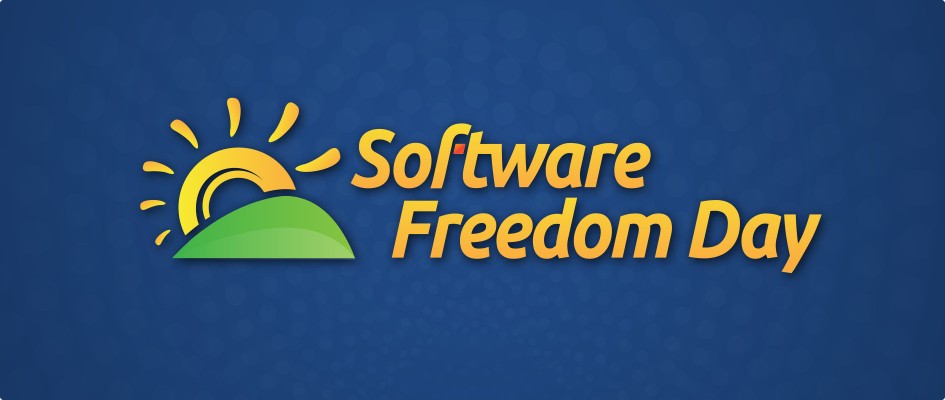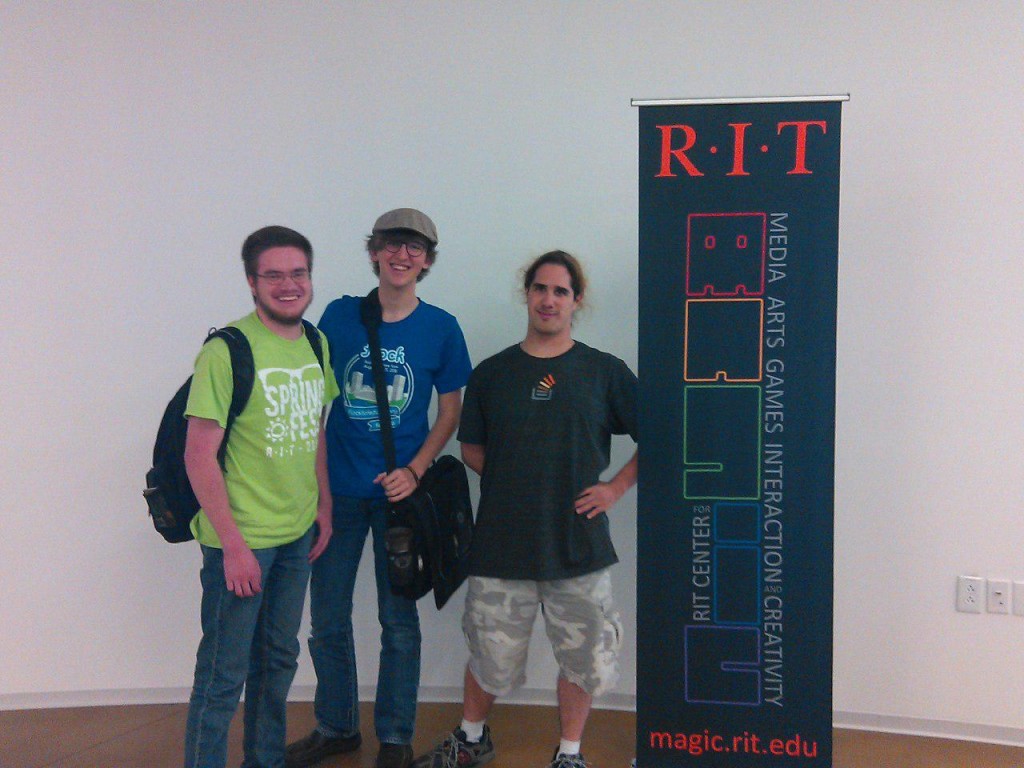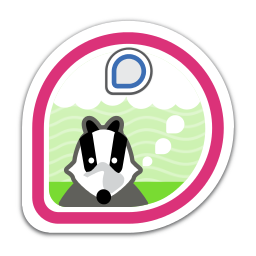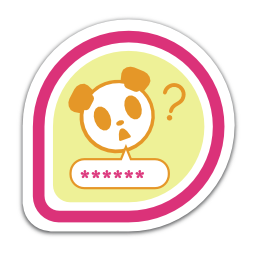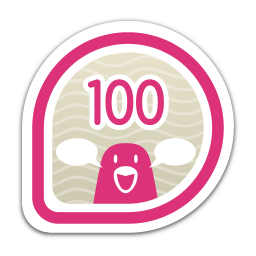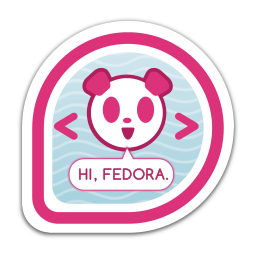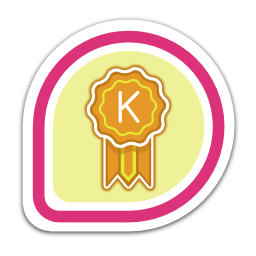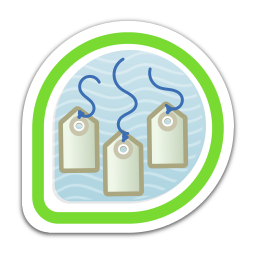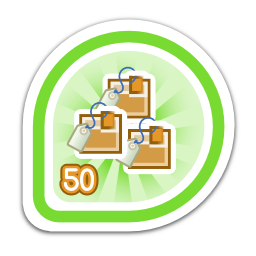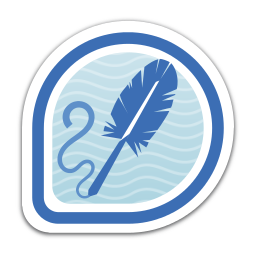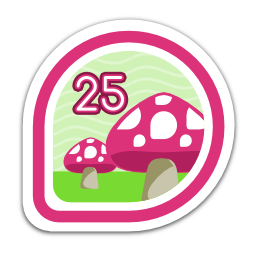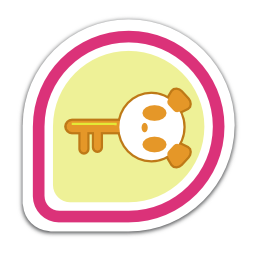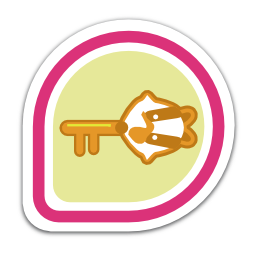“Software Freedom Day (SFD) is a worldwide celebration of Free and Open Source Software (FOSS). Our goal in this celebration is to educate the worldwide public about the benefits of using high quality FOSS in education, in government, at home, and in business — in short, everywhere!”
Each year, Software Freedom Day (SFD) events are organized by volunteers in dozens of cities worldwide. These events each take on their own character, but typically involve some sort of address from the organizers, demos and presentations from community members, and installfests and hackathons. Each venue and organizer will have their own agenda and timeline, and there were specific things that Fedora pitched to local attendees at a number of events this year.
You can read more about the competitions and activities that attendees participated in here on the SoftwareFreedomDay page on the Fedora Wiki.
Fedora Badge-a-thon
For 24 hours over the weekend, participants had a chance to compete for cred, glory, and swag, to see who could accumulate the most Fedora Badges.
“Fedora Badges is a fun website built to recognize contributors to the Fedora Project, help new and existing Fedora contributors find different ways to get involved, and encourage the improvement of Fedora’s infrastructure.”
Participants who weren’t sure where to start were pointed toward Ralph Bean’s expertly crafted Fedora Sorting Hat at https://whatcanidoforfedora.org — a great place to match the things you are interested in with the activities that Fedora needs help with. In proper FOSS fashion, this resource is a fork of the asknot project originally built and used by our good friends over at Mozilla for their own contributor sorting hat, available at http://whatcanidoformozilla.org.
Justin W. Flory is a first year Network Security and Systems Administration major at Rochester Institute of Technology. Outside of his course of study, he is a member of Nexthop, and RITLUG. Justin runs Fedora workstation on his Desktop and his laptop, and also has an old netbook he uses to run Fedora Server.
Badges Total: jflory7 has earned 33 badges (11.3% of total)..
Q: What was your Badge-a-thon Strategy?
“For the most part, I went through http://whatcanidoforfedora.org. I was eyeing
the writing section, and I emailed the mktg list about contributing to
magazine. I also did a bunch of package tagging. I was in the wiki workshop at
FLOCK, and I picked up where we left off on the last day, cleaning up from the
migration in 2008, recategorizing pages, stuff like that.”
Q: What is your advice to future participants?
“The Biggest thing, “I don’t know how to write code” doesn’t mean you cannot
contribute. There are plenty of ways to help: testing builds, writing
articles, tagging packages. Just because you can’t write code, doesn’t mean
you are worthless, and it is not as scary as it might seem.”
Aidan Kahrs is a 2nd year Network Security and Systems Administration major at Rochester Institute of Technology. Outside of his course of study, he is a member of the RIT Linux User’s Group (RITLUG). He runs Fedora workstation on his laptop, and another machine in his home.
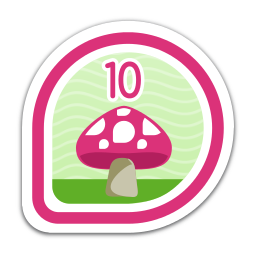
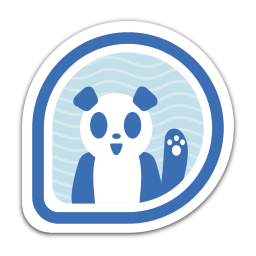
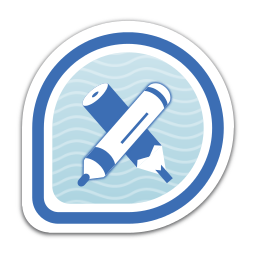
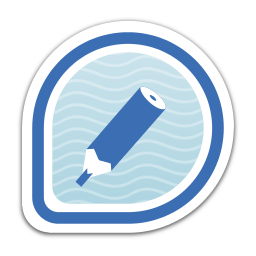
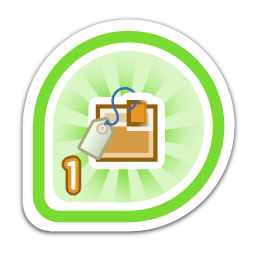
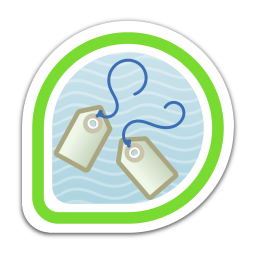
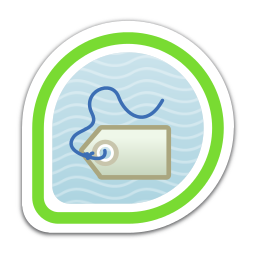
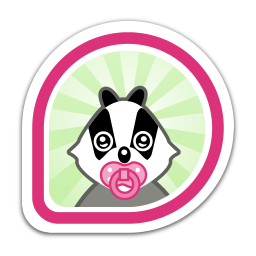
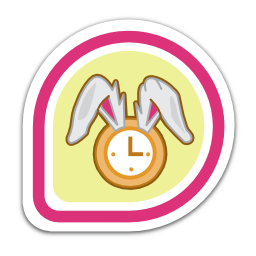
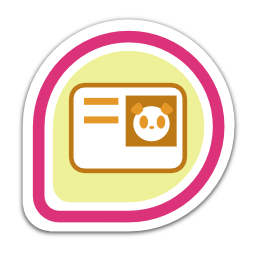
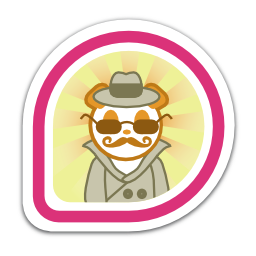
Badges Total: abkahrs has earned 11 badges (3.8% of total)
Q: What was your Badge-a-thon strategy?
“Because I’m new, I wasn’t sure what to do. I started by making a proper
wiki page, and tried to contribute in ways that wouldn’t break anything. I
was nervous about what I was doing.”
Q: What is your advice to future participants?
“I would say http://whatcanidoforfedora.org is a really useful site. I liked
that that existed as a way to find out where to start doing things. There were
a couple of wiki pages too that had info on how to start contributing to the
project.”
Eric Sigel is an alumni of the RIT Center for Multidisciplinary Studies, who concentrated in Computer Engineering and Computing Security. He was also a member of the RIT Robotics Club, and NextHop. Eric’s main desktop is a Gentoo machine, and he just reinstalled Debian on his netbook. He has another fileserver at home that is also Debian, and he runs Arch on his laptop, connected to the internet via OpenWRT on his router.
badges total: nticompass has earned 6 badges (2.1% of total)
Q: What was your Badge-a-thon strategy?
“I started looking through the badges, trying to find out how to contribute to websites. Through
http://whatcanidoforfedora.org I found “hey look, website stuff. I can write Javascript.” It wasn’t a normal HTML file, there was a compiler that generated docs, so I got started looking into how to get involved in website team. I was mostly hacking on my router, making it into a filesharing service, experimenting, because I could.”
Q: What is your advice to future particpants?
“I’m working on becoming a Fedora dev. Work on something you can hack on. Fix a
typo. Add a comment. You can push to just about anything, just find something.
There is enough out there.”
Conclusion
Software Freedom day is an annual world-wide celebration of Software Freedom that you can participate in next year. Thank you to our organizers and participants on campuses and cities around the world. If you have a story or photos from your local event, or if you want to organize a Fedora-specific event in your region, then just drop us a line at commops@lists.fp.o.

